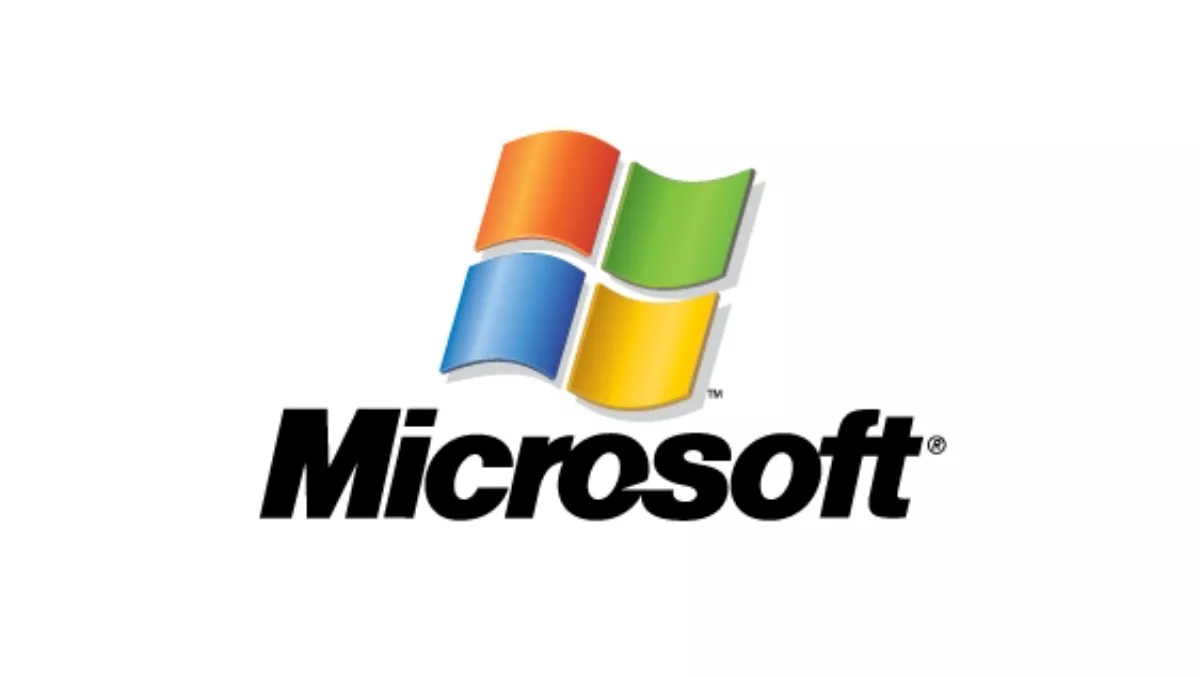
Microsoft speaks out against illiteracy
Technological illiteracy, that is. It used to be that learning to read and write the old fashioned way was our only concern, but now it would seem that it's equally important to learn to read technology.Microsoft is working closely with the Ministry of Education and New Zealand educators to combat the issue of digital illiteracy among students and recent graduates.
The company says it is concerned at the number of students underperforming around the country due to a lack of knowledge or limited access to technology. "We are beginning to see a transformation within the industry as educators recognise the benefits of digitally literate students once they leave school.
New Zealand will only be as strong as the students going through the education system today; and at Microsoft, we believe we have a vital role to play by providing tools, services, and collaborative experiences that will greatly benefit our students and schools," says Paul Muckleston, Managing Director of Microsoft New Zealand.Microsoft will work with universities to implement a program meant to increase the level of technology used in classrooms. "ICT in the classroom is proven to lift student engagement, performance, and accelerate educational learning.
Microsoft has a real opportunity to ensure all students leave school with a high level of technology competency, ready to compete on the world stage" says Evan Blackman, Education Sector Manager at Microsoft New Zealand. But what about older generations? Many people born before Generation Y have had much less exposure to technology in general and recent technological developments in particular (such as social networking websites, Skype, and the tablet market) than their younger counterparts.
This has proven an issue in the recent economic crisis, whereby many people were laid off from their jobs and have had difficulty finding new employment due to their lack of knowledge and experience in this area. This has brought up questions of discrimination, as many of these people began their careers in a time when a lot of today's technology was non-existent. As of yet, Microsoft has not made any plans to expand this program outside of universities, but it might be worth considering.

